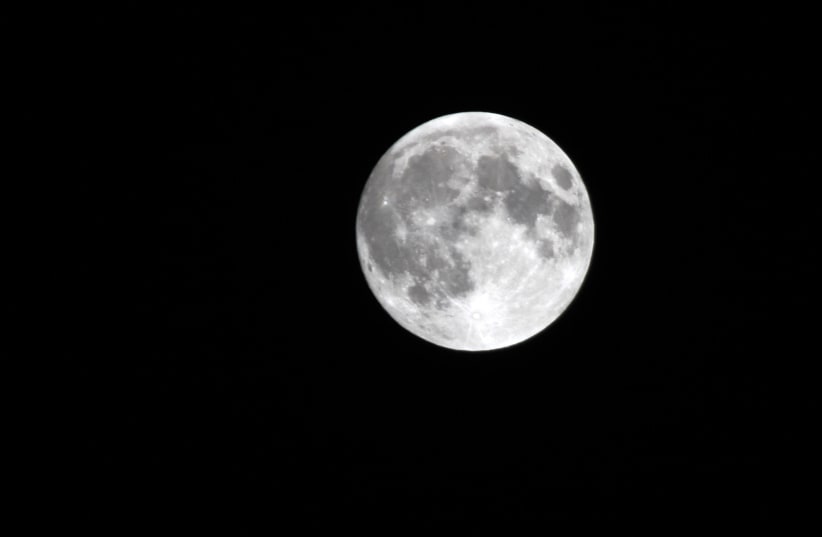Nuisance floods occur in coastal areas when tides reach .6 meters (2 feet) and flood into the streets or seep through storm drains. The longer these floods last, the more damage they can do.
Climate change is contributing to the frequency of these floods. As the Earth's atmosphere warms, glaciers are melting at a record pace. Global sea levels are rising as a result.
However, the moon also has influence over the flooding.
The moon has a "wobble" in its orbit, altering its position relative to Earth slightly on a 18.6-year cycle. For half the cycle, the moon suppresses tides. This causes high tides to be lower, and low tides to be higher. For the other half, tides are amplified, with higher high tides and lower low tides, according to NASA.
The next tide-amplifying cycle begins in the mid-2030s; and by then, global sea levels will have risen enough to make the higher-than-normal high tides troublesome, researchers found.
Study co-author Ben Hamlington of NASA's Jet Propulsion Laboratory said in a statement, "Understanding that all your events are clustered in a particular month, or you might have more severe flooding in the second half of a year than the first — that's useful information."
